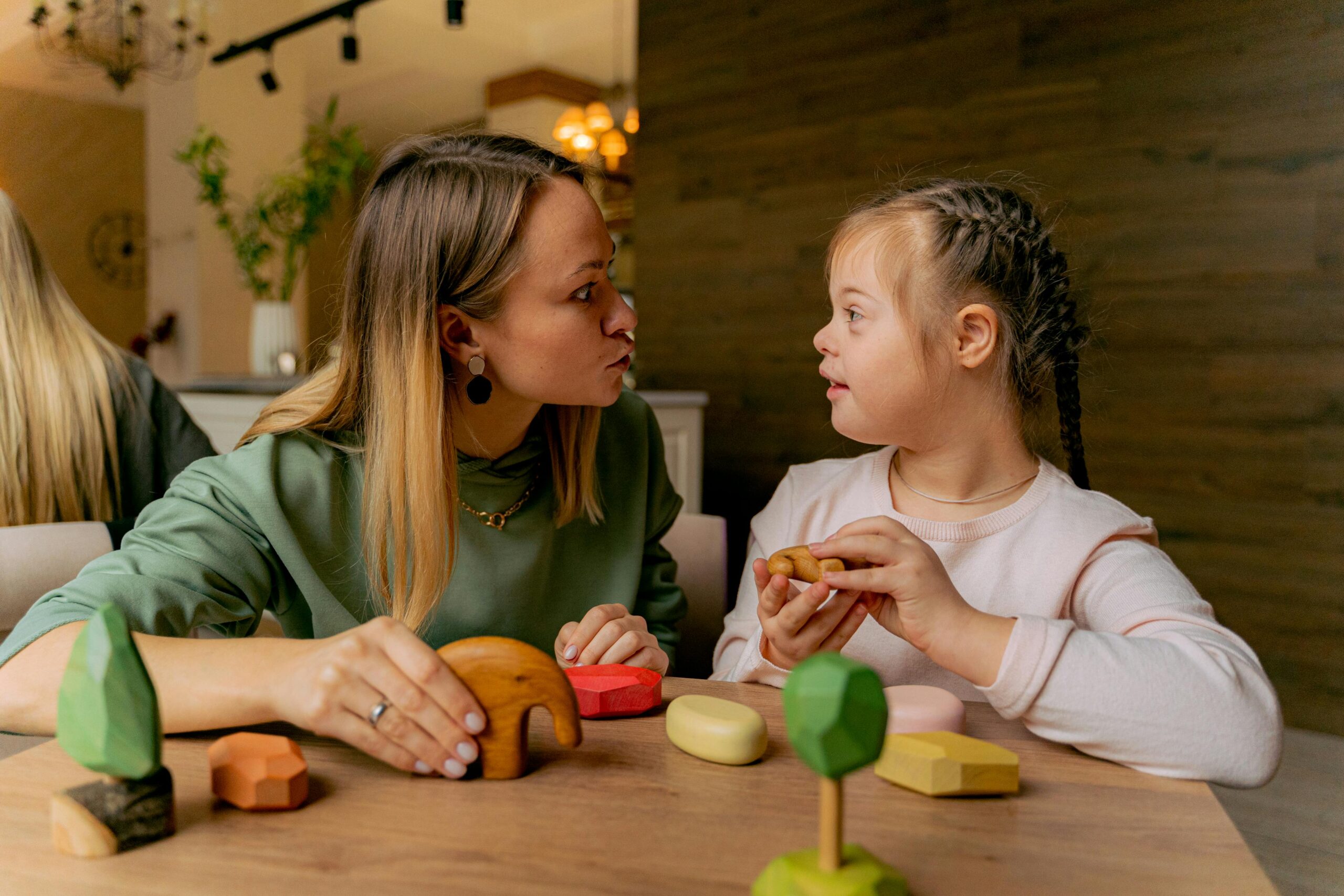Home-based occupational therapy takes place in your child’s natural environment. Instead of driving to our clinic, our pediatric occupational therapist can come to your home and work with your child to develop important life skills. Home occupational therapy is also a great opportunity for parents to become an active part of the session and learn …
Home-based occupational therapy takes place in your child’s natural environment. Instead of driving to our clinic, our pediatric occupational therapist can come to your home and work with your child to develop important life skills. Home occupational therapy is also a great opportunity for parents to become an active part of the session and learn about strategies for co-regulation, relationship-building, and childhood skills development.
In Houston, including areas like Memorial City and Spring Branch, home health OT is becoming an increasingly popular option for families who want the convenience of staying at home while receiving pediatric occupational therapy.
Five Benefits of Home-Based Pediatric Occupational Therapy
1. Comfort Makes a Big Difference
A key benefit of home-based OT is the familiarity of the home environment. Your child is likely to feel more at ease in their own home, and this sense of comfort can lead to more engagement during therapy sessions. Being at home also helps your child feel safe and in control, which means they can focus more on learning new skills. Without the stress of long commutes, therapy can feel more like a natural part of the day.
2. The Convenience Factor
Home occupational therapy is perfect for families who find that getting to a clinic, thanks to Houston traffic, isn’t always easy. If your child has mobility limitations, complex medical needs, or difficulties with transitions, receiving therapy at home removes that additional barrier and eases the load on caregivers who are likely juggling multiple responsibilities.
3. Therapy Happens in Real-Life Context
Instead of working in a simulated setting, your child practices important daily routines like dressing, brushing teeth, mealtime activities, or getting ready for school, right in your own living room, kitchen, bathroom, or backyard. Practicing these skills in your home environment helps them learn strategies that are contextually relevant and easy to carry over into their everyday routines.
4. Reduces Sensory Overwhelm
Home-based occupational therapy is especially beneficial for children with sensory processing differences. We found that some children are simply not big fans of busy or brightly lit clinic environments. Others may not yet be ready to be around other kids, especially if they’re sensitive to certain sounds, such as crying or excited squeals. While there is value in building the skills needed to navigate social environments, pushing too much too soon can lead to unnecessary stress. Home-based therapy allows us to meet your child where they are, build a foundation of safety and confidence, and gradually introduce social opportunities at a pace that feels manageable. At home, we have more agency to adjust the environment according to your child’s needs.
5. OTs Can Recommend Home Modifications
Your home-based occupational therapist has the unique opportunity to see where your child spends most of their time—a level of insight that clinic-based therapists often don’t have. As part of their specialized training, OTs can recommend modifications to make everyday spaces more sensory-friendly and supportive of your child’s regulation, engagement, and overall independence.
What a Home Health OT Does for Your Child
Our home health OT works closely with families to identify goals and create a plan that fits your child’s everyday life. Here are some of the ways a therapist can support your child at home:
1. Recommend Changes to the Home Environment
Small adjustments in your home can help your child do things more easily. For example, if your child struggles with getting dressed, we can observe how their clothing is organized, what their morning routine looks like, and where the challenges in your physical environment are happening. Your therapist might suggest:
- Adjusting lighting or seating for comfort
- Organizing items for easier access
- Using visual labels or picture schedules
- Removing safety hazards from learning or play areas
2. Recommend Helpful Tools and Equipment
Pediatric occupational therapists play an important role in selecting and teaching the use of adaptive equipment and assistive technology to support a child’s independence and participation in daily activities. Your therapist may introduce simple tools to make tasks easier, such as:
- Adaptive utensils for eating
- Visual schedules or timers to support routines
- Specialized seating or positioning supports
3. Encourage Independence in Activities of Daily Living (ADLs)
Therapy sessions often focus on helping your child become more independent with everyday activities such as getting dressed, brushing teeth, and feeding themselves. Practicing these routines in the place where they happen helps your child learn these skills more easily.
4. Partner With You as the Parent
You are a key part of the therapy team. Your therapist will share what they’re working on and offer tips for continuing progress between sessions. You might learn how to modify routines, set up your home to better support your child, or use new techniques to help with daily challenges.
How Home OT Supports Families in Houston
In a busy city like Houston, especially in neighborhoods like Memorial City and Spring Branch, many families seek convenient, meaningful care that fits into their lives. Home occupational therapy brings therapy to your doorstep, reducing travel time and helping your child build skills where they use them most — your home.
WeDiverge Pediatric Occupational Therapy provides home-based OT that is neuro-affirming, trauma-informed, and family-centered. We serve families in Memorial City, Spring Branch, and the surrounding neighborhoods in Houston.
If you have any questions about our pediatric occupational therapy services, email us at info@we-diverge.com or call us at 832-930-3412.






